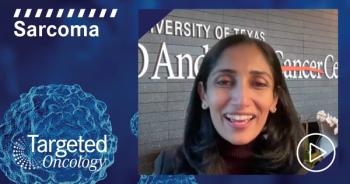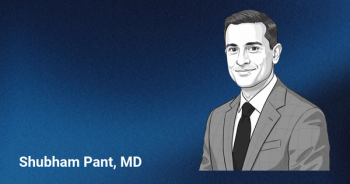
CAR T-Cell Therapy Appears Promising in Relapsed/Refractory DLBCL
David Miklos, MD, discusses exciting data for the use of chimeric antigen receptor T-cell therapy as treatment of patients with diffuse large B-cell lymphoma.
David Miklos, MD, associate professor of medicine at Stanford University, discusses exciting data for the use of chimeric antigen receptor (CAR) T-cell therapy as treatment of patients with diffuse large B-cell lymphoma (DLBCL).
At the 2019 American Society of Hematology Meeting, the largest mature study of lisocabtagene maraleucel (liso-cel; JCAR017) in patients with relapsed/refractory DLBCL was presented. The analysis, which included about 325 patients with 285 receiving the therapy, led to a complete response (CR) rate of 52% in these patients who were heavily pretreated and had failed after autologous stem cell transplant, according to Miklos.
That CR rate is comparable to what has been witness with axicabtagene ciloleucel (axi-cel; Yescarta) and tisagenlecleucel (Kymriah) in other studies within this patient population. However, a larger real-world experience is necessary to see the true acquisition of CRs and durable responses would be, says Miklos.
Liso-cel had a low toxicity profile with less than 10% of significant neurotoxicity, Miklos says. These findings come from a very large group of patients, in which over 500 patients have now received liso-cel on clinical trial. These findings give investigators a lot of confidence that CAR T-cell therapy could truly be given to patients in the outpatient setting.




















